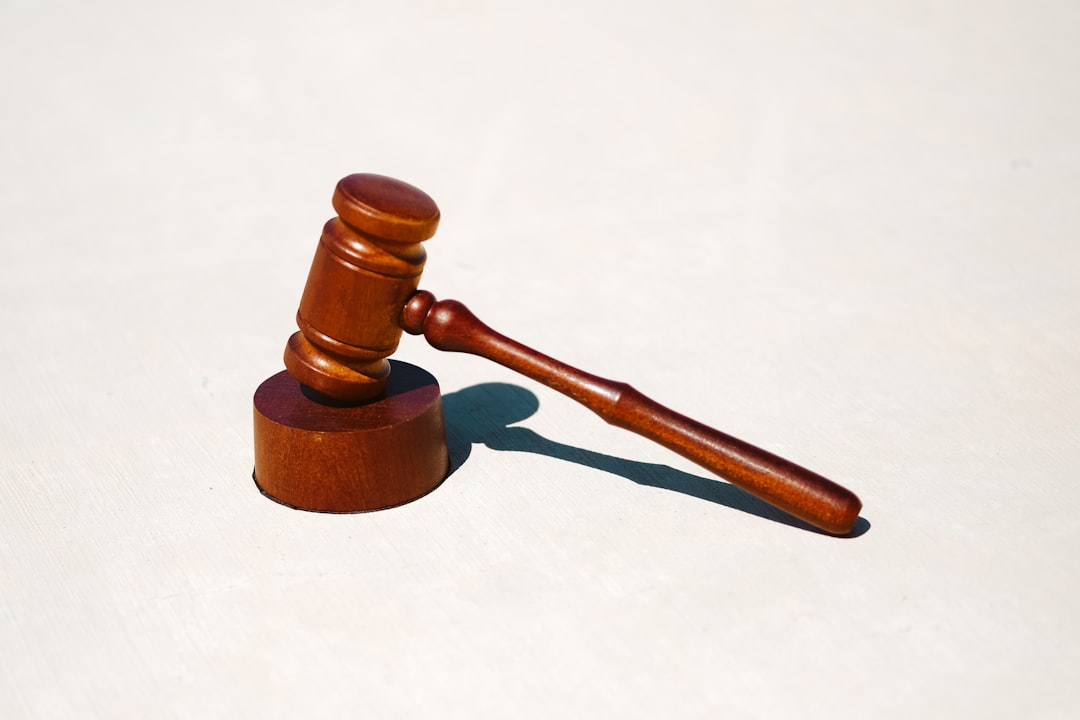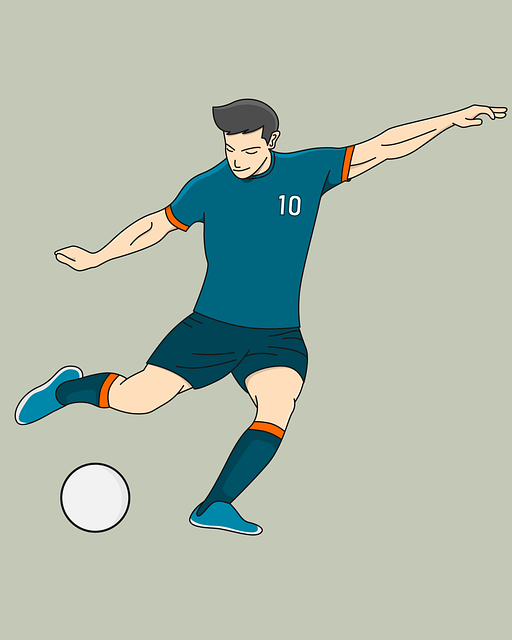Doctor-patient boundary violations in Jersey City, NJ, are addressed through specialized doctor law firms Jersey City NJ that handle medical malpractice cases. These firms protect patient rights, investigate misconduct, and guide clients through legal processes, leveraging their expertise to ensure justice and maintain the integrity of the doctor-patient relationship. Patients harmed by such breaches seek counsel from these reputable doctor law firms Jersey City NJ for compensation and accountability.
In Jersey City, New Jersey, the relationship between doctors and patients is governed by strict legal boundaries. Understanding these boundaries is crucial for both healthcare providers and individuals seeking treatment. This article delves into doctor-patient boundary violations, exploring the legal framework in place through Jersey City’s medical malpractice laws. We examine the pivotal role of experienced attorney representation, the importance of evidence and documentation in medical misconduct claims, and the available damages and remedies for victims. Trusted doctor law firms in Jersey City NJ play a vital role in navigating this complex landscape to ensure justice for those harmed.
Understanding Doctor-Patient Boundary Violations

Doctor-patient boundary violations occur when healthcare professionals cross ethical and legal lines, infringing on a patient’s privacy and trust. These violations can range from inappropriate physical contact to sharing confidential medical information without consent. In Jersey City, NJ, such misconduct is not only unethical but also illegal, with strict regulations in place to protect patients’ rights.
If you’re a resident of Jersey City or nearby areas seeking legal counsel for boundary violations involving doctors, trusted doctor law firms in Jersey City are equipped to handle these complex cases. They specialize in medical malpractice and patient rights, ensuring that victims receive the justice and compensation they deserve while holding negligent professionals accountable under New Jersey’s healthcare laws.
Jersey City's Legal Framework for Medical Malpractice

In Jersey City, New Jersey, medical malpractice cases are governed by state laws and regulations designed to protect patients from negligent or harmful healthcare practices. The legal framework for addressing doctor-patient boundary violations involves a complex interplay between civil liability, professional standards, and administrative oversight. Patients who believe they have been subjected to inappropriate conduct by their doctors can seek redress through the courts, with the help of experienced doctor law firms Jersey City NJ.
These cases often center around issues such as consent, privacy, and confidentiality, which are crucial elements in the doctor-patient relationship. The New Jersey legal system recognizes the sensitivity of medical matters and has established guidelines to ensure that healthcare providers maintain appropriate boundaries. This includes the stringent requirement for informed consent, where patients must be fully apprised of potential risks and benefits before undergoing any medical procedure. Doctor law firms Jersey City NJ play a vital role in navigating these complex legal issues, advocating for patients’ rights, and ensuring that medical professionals adhere to the highest ethical standards.
Role of Attorney in Doctor-Patient Cases

In cases involving doctor-patient boundary violations, a skilled attorney from a reputable doctor law firms in Jersey City, NJ, plays a pivotal role. Their primary responsibility is to ensure that the patient’s rights are protected and that any alleged misconduct is thoroughly investigated. An experienced lawyer will have a deep understanding of medical ethics, state laws, and regulations related to patient confidentiality and consent. They guide clients through complex legal processes, helping them navigate the potential consequences of boundary violations, which can include emotional distress and financial burdens.
The attorney’s expertise extends to negotiating settlements or representing clients in court if necessary. They work closely with medical experts to gather evidence, interview witnesses, and construct a compelling case. Their goal is to achieve justice for the patient while also ensuring that healthcare professionals are held accountable for their actions within ethical and legal boundaries. By employing strategic legal approaches, these attorneys help maintain the integrity of the doctor-patient relationship in Jersey City and beyond.
Evidence and Documentation in Medical Misconduct Claims

In medical misconduct claims, evidence and documentation play a crucial role in establishing a violation of the doctor-patient boundary. Patients who have experienced such breaches often turn to Jersey City attorney specializing in doctor law firms NJ for legal recourse. These professionals understand that compelling evidence is essential to proving negligence or intentional harm. Comprehensive documentation, including medical records, witness statements, and any available digital evidence, serves as the foundation for a strong case.
Attorneys carefully review this material to identify patterns of misconduct, such as inappropriate physical contact, unauthorized disclosure of patient information, or failure to obtain informed consent. Well-organized and detailed records make it easier to demonstrate that the doctor’s actions fell below the accepted standard of care, thereby facilitating a successful legal outcome for the patient.
Compensating Victims: Damages and Remedies

When a doctor-patient boundary is violated, the victims—patients—deserve compensation for the harm they’ve experienced. In such cases, doctor law firms in Jersey City, NJ, specializing in medical malpractice, play a crucial role in advocating for just remedies. These can include monetary damages to cover medical expenses, pain and suffering, emotional distress, and lost wages.
The specific remedies available depend on the nature and severity of the violation. Patients may seek injunctive relief to prevent further harm, or they could demand corrective actions from the healthcare provider to ensure similar violations don’t occur again. The goal is not only to compensate victims but also to hold medical professionals accountable for upholding ethical standards and respecting patient boundaries.






